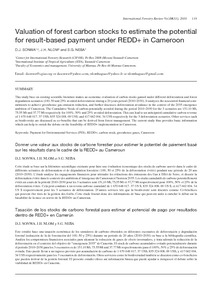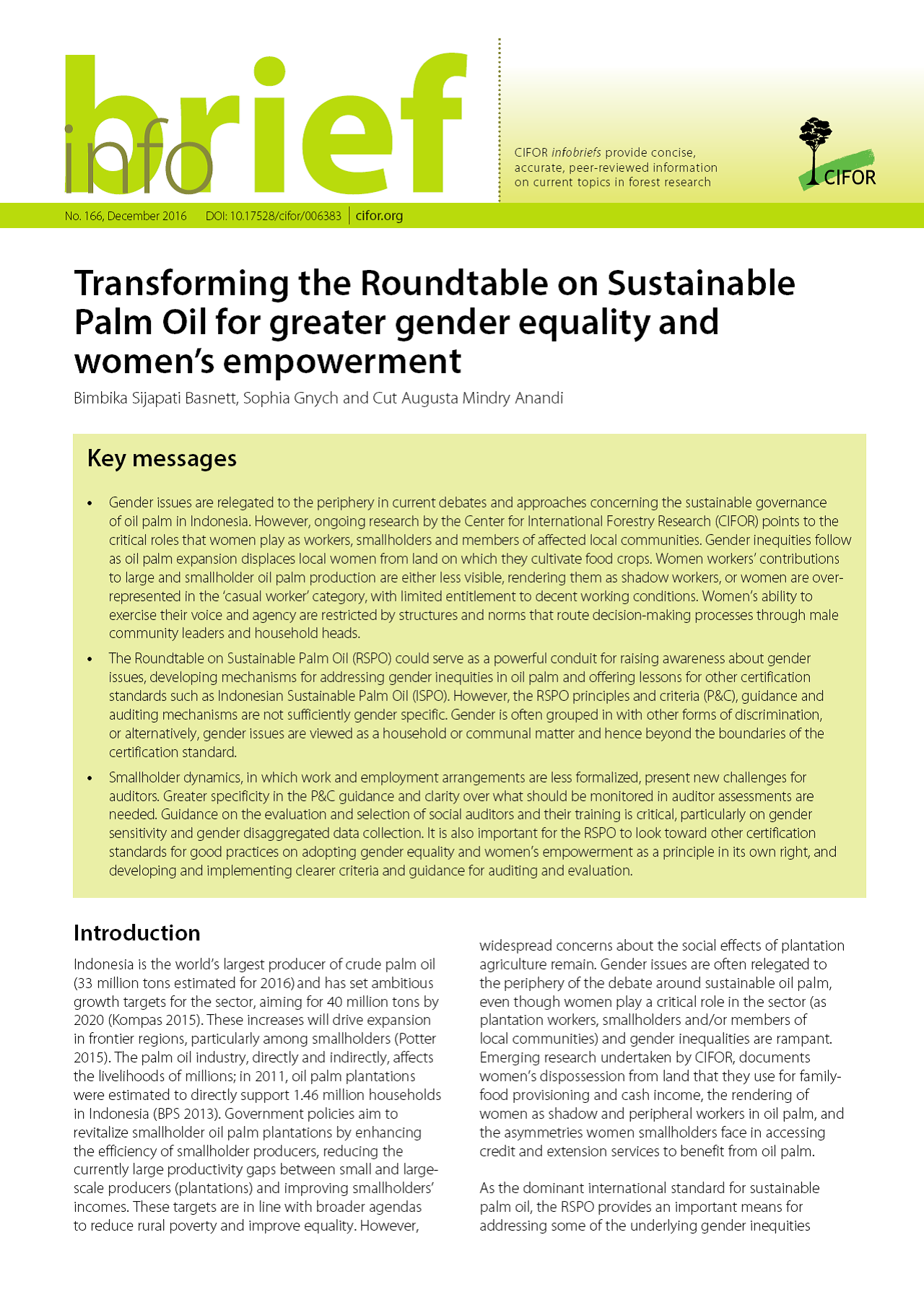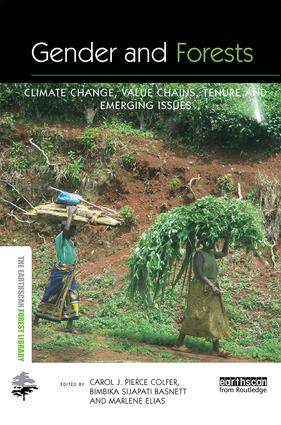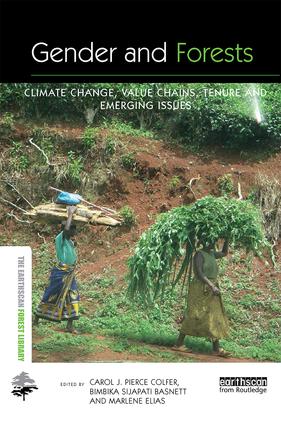Focal point
Location
The Center for International Forestry Research (CIFOR) is a non-profit, scientific facility that conducts research on the most pressing challenges of forest and landscapes management around the world. With our global, multidisciplinary approach, we aim to improve human well-being, protect the environment, and increase equity. To do so, we help policymakers, practitioners and communities make decisions based on solid science about how they use and manage their forests and landscapes.
Capacity building, collaboration and partnerships are essential to finding and implementing innovative solutions to the challenges that the globe faces. We are proud to work with local and international partners. We are a member of the CGIAR Consortium and lead the CGIAR Research Program on Forests, Trees and Agroforestry.
Our headquarters are in Bogor, Indonesia. We have offices in 8 countries across Asia, Latin America and Africa, and we work in more than 30 countries. Contact us for more information.
Resources
Displaying 96 - 100 of 808Valuation of forest carbon stocks to estimate the potential for result-based payment under REDD+ in Cameroon
This study base on existing scientific literature makes an economic evaluation of carbon stocks gained under different deforestation and forest degradation scenarios (100, 50 and 25% avoided deforestation) during a 20 years period (2010–2030). It analyzes the associated financial commitments to achieve greenhouse gas emission reduction, and further discusses deforestation avoidance in the context of the 2035 emergence ambition of Cameroon.
Hotspots of gross emissions from the land use sector: patterns, uncertainties, and leading emission sources for the period 2000–2005 in the tropics
According to the latest report of the Intergovern- mental Panel on Climate Change (IPCC), emissions must be cut by 41–72 % below 2010 levels by 2050 for a likely chance of containing the global mean temperature increase to 2 ?C. The AFOLU sector (Agriculture, Forestry and Other Land Use) contributes roughly a quarter (? 10–12 Pg CO2 e yr?1 ) of the net anthropogenic GHG emissions mainly from de- forestation, fire, wood harvesting, and agricultural emissions including croplands, paddy rice, and livestock.
Transforming the Roundtable on Sustainable Palm Oil for greater gender equality and women’s empowerment
Gender issues are relegated to the periphery in current debates and approaches concerning the sustainable governance of oil palm in Indonesia. However, ongoing research by the Center for International Forestry Research (CIFOR) points to the critical roles that women play as workers, smallholders and members of affected local communities. Gender inequities follow as oil palm expansion displaces local women from land on which they cultivate food crops.
A Gender Box analysis of forest management and conservation
Authors: Colfer, C.J.P.; Sijapati Basnett, B.; Elias, M.
Gender Gaps in REDD+: Women’s Participation is Not Enough
Authors: Larson, A.M.; Dokken, T.; Duchelle, A.E.; Atmadja, S.; Resosudarmo, I.A.P.; Cronklet







